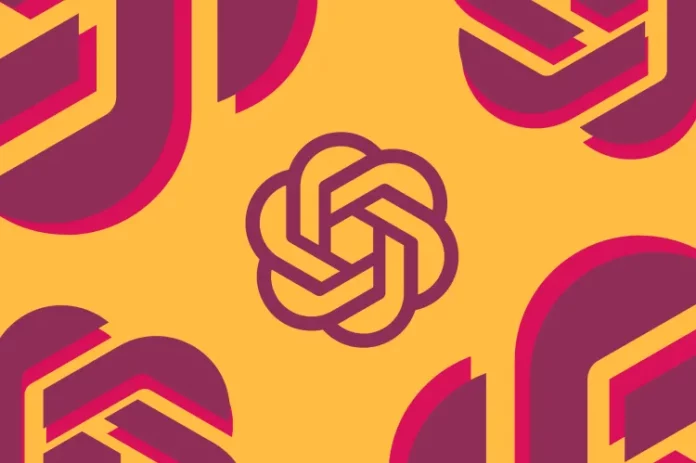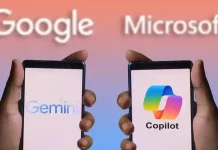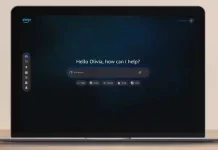One of the biggest surprises from OpenAI’s DevDay event last week was ChatGPT’s transformation into a platform capable of running apps inside chats. It’s a major step toward turning ChatGPT into a full-fledged operating system — an evolution OpenAI likely needs before launching its first ChatGPT hardware device, expected no earlier than late 2026. Combined with recently announced shopping integrations, ChatGPT is quickly taking shape as an “everything app” built around AI.
However, if ChatGPT aims to become such a platform, one critical piece is still missing — the ability for users to chat directly with one another.
The rise of ChatGPT DMs
In early October, developer Tibor Blaho discovered evidence of a direct messaging feature hidden in the beta version of ChatGPT’s Android app. Codenamed “Calpico” and “Calpico Rooms,” the system appears to enable user-to-user chats, much like the DM feature OpenAI previously tested in its Sora app for iPhone.
Over the weekend, Blaho found additional details in another beta build, this time sharing a screenshot showing a new direct message icon in ChatGPT’s interface. The leak strongly suggests that OpenAI is preparing to roll out DMs soon — and raises an immediate question about privacy: will ChatGPT DMs support true end-to-end encryption (E2EE), like iMessage, Signal, or WhatsApp?
What DMs could bring to ChatGPT
Meta has tightly integrated its Meta AI assistant into apps like Messenger and WhatsApp, so it makes perfect sense for OpenAI to embed a DM feature directly inside ChatGPT. Many users already share chat links from ChatGPT — native messaging would make that process simpler and more secure.
Although Blaho’s findings didn’t confirm encryption support, he did note that early code references pointed to privacy-conscious features. For instance, personal “memory” data won’t be shared inside group chats or DMs, and users will receive notifications for new messages or members joining or leaving a room.
Blaho also revealed that users will be able to “ChatGPT together” — brainstorming ideas, planning projects, asking questions, creating images, and chatting collaboratively. The system may even include an auto-response mode, the ability to rename and personalize assistants, invite or block users, and create group chats.
Why encryption matters
OpenAI’s approach to privacy in ChatGPT DMs will be crucial. CEO Sam Altman has repeatedly spoken about the need to treat AI conversations as confidential — a concept he calls “AI privilege,” arguing that interactions with AI should have protections similar to those in attorney-client or doctor-patient relationships. This becomes even more important as OpenAI prepares to launch AI-powered personal assistants that may tap into private user data.
But OpenAI’s recent track record on data privacy raises concerns. Users must opt out to prevent their chats from being used for model training, and moderation systems continue to scan conversations for policy violations or safety risks. Earlier this year, amid its legal clash with The New York Times, OpenAI was ordered to retain deleted user data. And this summer, publicly shared ChatGPT conversations were discovered indexed by Google Search.
These issues highlight a consistent theme — complete privacy remains elusive. For ChatGPT DMs to stand alongside the world’s top messaging apps, OpenAI will need to build robust end-to-end encryption from day one. Without it, ChatGPT’s evolution into an “AI operating system” would rest on shaky ground.





